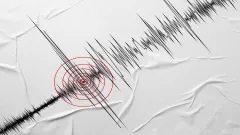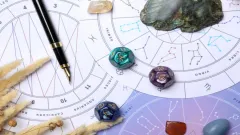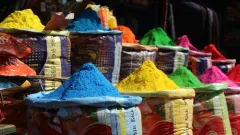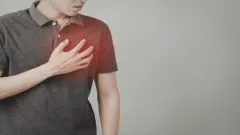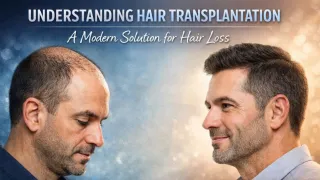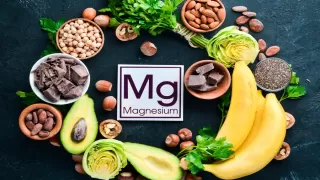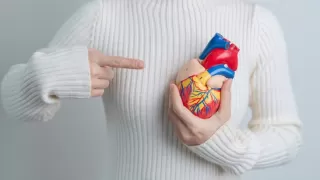Skincare trends rise faster than ever, thanks to Instagram reels, quick hacks, and influencer-driven product tags. But behind the glossy packaging and viral promises lies a reality most shoppers miss. Dermatologists say that many miracle products fail not because the ingredients are bad, but because buyers overlook crucial red flags that are often hidden in plain sight.
If you're someone who buys a product because you saw it in 10 reels in a row, this guide is your wake-up call. Here are the five major skincare warning signs experts say you should watch for before adding anything to your routine.
5. When Marketing Is Louder Than Science
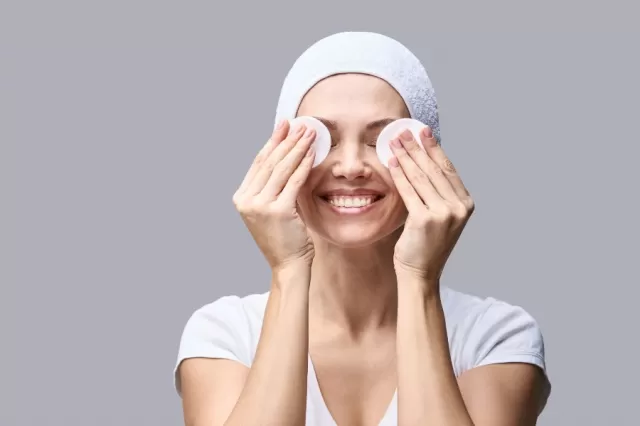
If a product suddenly appears everywhere, pages filled with paid collaborations, influencer reels, celebrities holding the same bottle, it usually means one thing: massive PR push, not a skincare breakthrough.
Dermatologists often emphasise that great formulas come from research labs, clinical trials, and ingredient testing, not from marketing budgets.
When visibility is high but scientific evidence is low, take a step back. Social presence is not the same as clinical performance.
4. Promises of Instant or Overnight Results
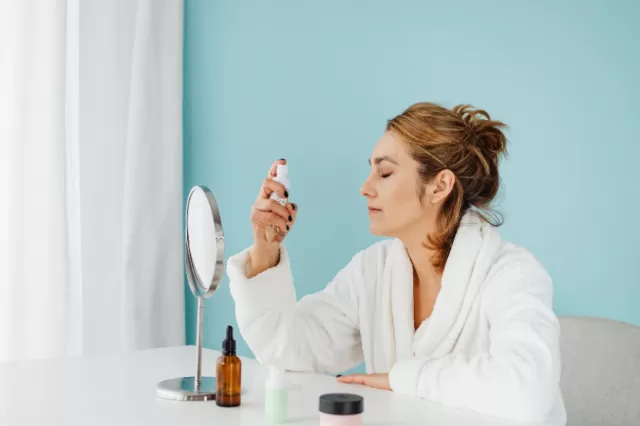
Any product claiming to erase acne scars in a week, shrink pores overnight, or fade pigmentation instantly is basically rewriting human biology.
Your skin follows its own timeline:
- Cell turnover: 28-40 days
- Reduction in pigmentation: several weeks
- Collagen remodelling: months, not days
A cream cannot override physiology. Dermatologists warn that instant results promises are usually marketing fiction, not dermatology-backed reality.
3. Prices That Are Suspiciously Low
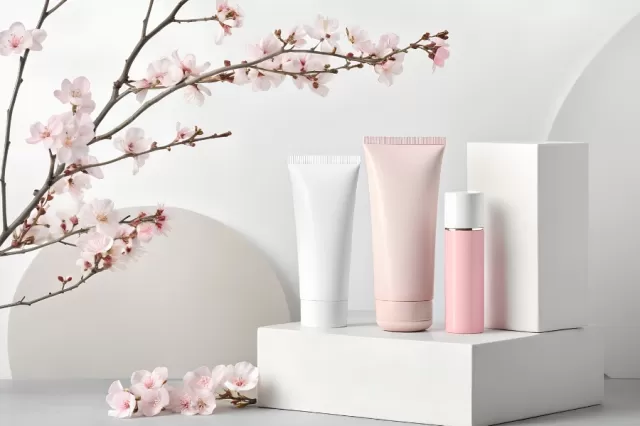
If a brand claims to use expensive actives like retinoids, peptides, L-ascorbic acid, niacinamide, ceramides, or growth factors but sells the product for the price of a snack, something is off.
High-quality skincare is costly to stabilise, package, and preserve. When the price seems too good to be true, it usually means:
- Ingredient concentrations are too low
- The formula is unstable
- Actives may not be bioavailable
- You’re paying for fragrance and fillers, not results
Dermatologists say cheap products aren’t necessarily bad, but cheap products claiming premium ingredients are a red flag.
2. 100% Results or Guaranteed Perfection Claims
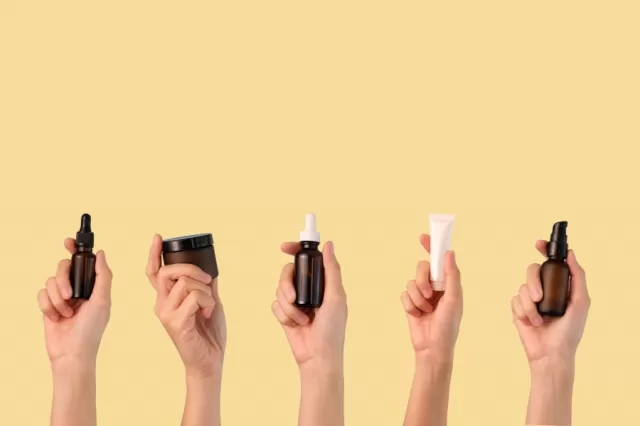
No skincare product delivers perfect results for everyone, not even prescription-strength treatments. Skin type, age, hormones, sensitivity, and environment all influence outcomes.
So when a brand loudly claims 100% flawless skin or works for everyone, it’s a sign of marketing exaggeration, not clinical truth.
Skincare is about visible improvement, not universal perfection. The moment you see guarantees, be sceptical.
1. Fear-Based Messaging and Chemical-Free Marketing
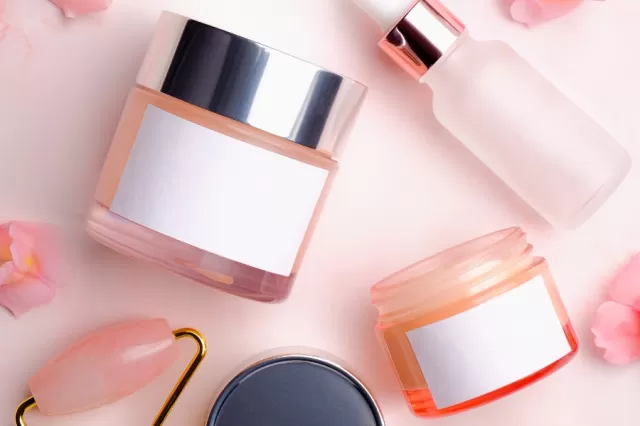
One of the biggest warnings dermatologists give is about brands that market through fear. If a product’s entire pitch is:
- Don’t use chemicals
- Everything else is toxic
- Only our formula is safe
…it usually means they don’t have enough scientific backing to talk about what their product actually does.
Also, the phrase chemical-free is meaningless; everything, including water, is a chemical. Brands that shame competitors instead of explaining their own formulations are often hiding weak evidence or unclear ingredient lists.
The skincare world is crowded, fast-moving, and often confusing. But you don’t need to be a chemist to make good choices. Just look for the warning signs: loud marketing, unrealistic promises, too-good-to-be-true prices, perfect-result guarantees, and fear-based messaging.
Dermatologists agree on one thing: good skincare is slow, steady, and science-driven, not viral and flashy. Your best defence is reading labels, questioning claims, and trusting evidence over hype.




